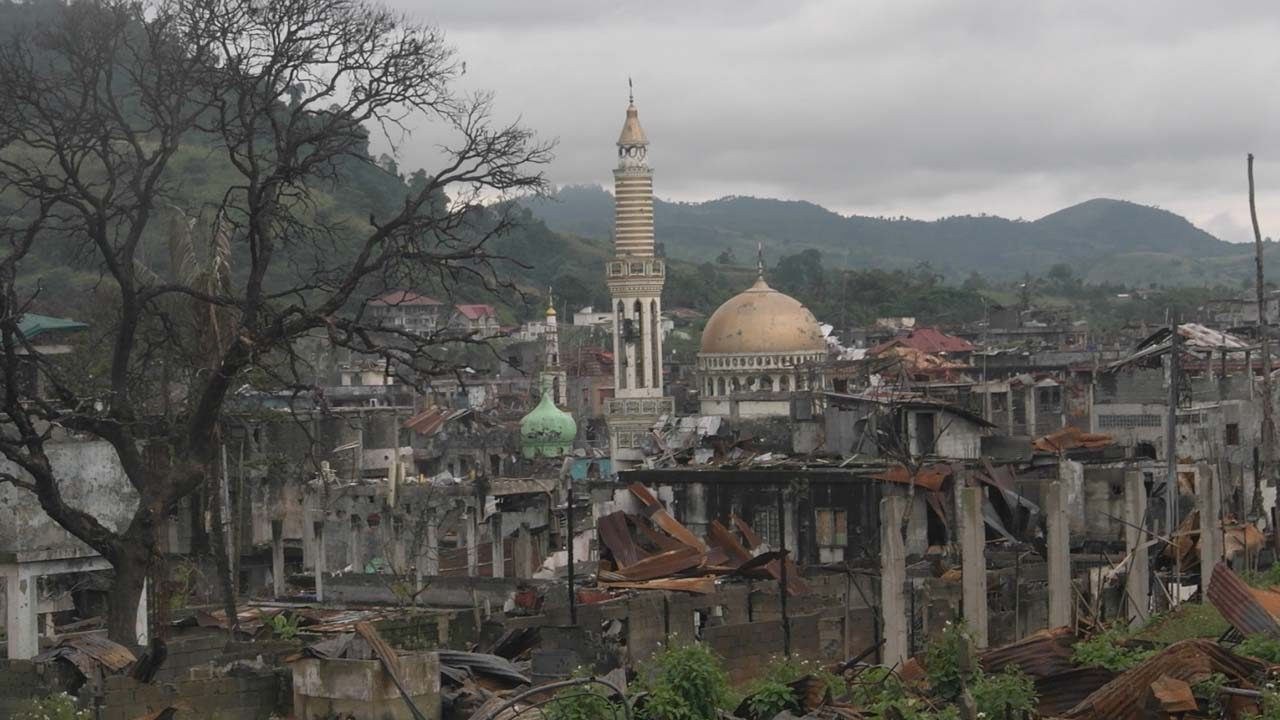SUMMARY
This is AI generated summarization, which may have errors. For context, always refer to the full article.

MANILA, Philippines – The Philippines has the most attacks claimed by the Islamic State (ISIS) outside their stronghold in Iraq and Syria, data gathered by the Terrorism Research and Analysis Consortium (TRAC) showed.
The global think tank tallied in its “Considering Claimed Attacks: Islamic State’s Hidden Narrative” report that of 222 ISIS-claimed terror attacks around the globe in the last 5 months, 99 occurred in the Philippines.
TRAC counted from May 20 to September 22, 2017. The Philippines is trailed by Afghanistan (43 claims), and Egypt (33 claims) in the list of 21 countries attacked by ISIS.
All the Philippine attacks claimed by the international terror group happened in Mindanao, save for one – the Resorts World Manila shooting.
Of the terror attacks in southern Philippines, 70 happened in Marawi City, Lanao del Sur, where a 5-month war against homegrown terrorists had just been won by government forces. (READ: The war in Marawi: 153 days and more)
The report noted that the Philippines saw a sharp increase through the years in ISIS-claimed attacks: ISIS did not claim any attacks in the same period in 2015, and claimed only 6 in 2016.
Most of the assaults claimed by ISIS, the report noted, are encounters in the Marawi battle area which varied from sniping a soldier to initiating a jailbreak.
“Claims in Philippines alone took the Islamic State brand to a new level of perceived global capabilities and effectiveness,” the report read.
The study pointed out that since the ISIS has begun retreating in Mosul and Raqqa in Iraq and Syria, respectively, Marawi has become a “beacon and option for [ISIS] supporters globally.”
ISIS-inspired, PH-executed
The Marawi siege, the report said, was a product of effective ISIS globalization and the proactivity of local terrorist groups.
“For the siege of Marawi, [ISIS] central provided some fighters and funding as well as instruction via tactics of urban warfare. But all strategies and operations came from native Filipinos and Malaysians based in the South Philippines,” the report read.
The siege was organized by the Maute group, a terror group in Mindanao. (READ: Terror in Mindanao: The Mautes of Marawi)
The report said that ISIS influence still can’t be underestimated.
While local terror groups such as the Maute group can prove themselves capable of pulling a siege, they won’t be as effective as they were in the war without the aid of ISIS, the report said.
It is through ISIS that the Maute group learned how to weaponize social media, such as spreading propaganda videos on Facebook and communicating through encrypted channels like Telegram.
“Therefore, Marawi was at once a testament to the power of the ISIS global communications network in its own right, and at the same time, a prime example of ISIS dependence on local groups and conditions,” the report reads.
With the symbiosis pointed out, TRAC said the success of ISIS, and consequently, the number of attacks claimed, in the archipelagic country will depend on its fragmented local population. (READ: What Islamic State East Asia looks like post-Marawi)
“The future of the ISIS brand in the Philippines depends largely on the locals – the interests and aspirations of both the Muslim public and entrenched power brokers, such as autonomous [Moro Islamic Liberation Front] commanders,” it added. – Rappler.com
Add a comment
How does this make you feel?
There are no comments yet. Add your comment to start the conversation.